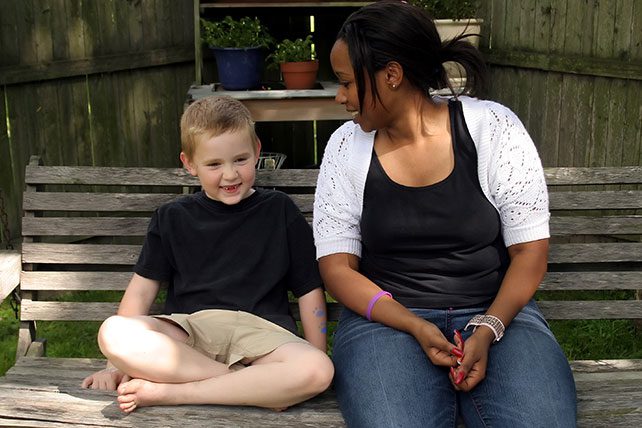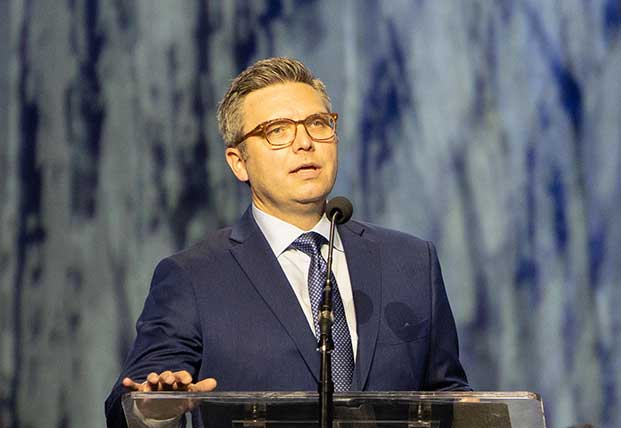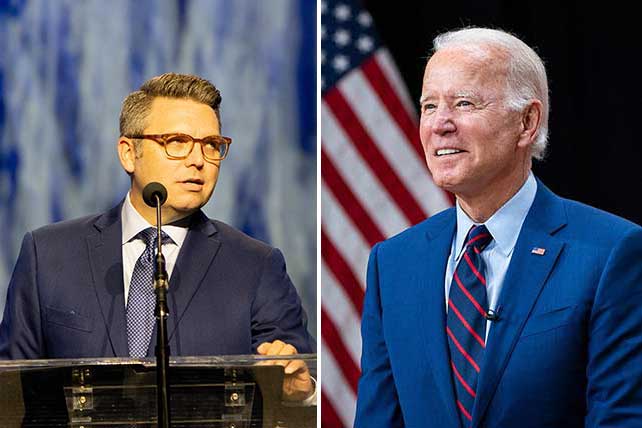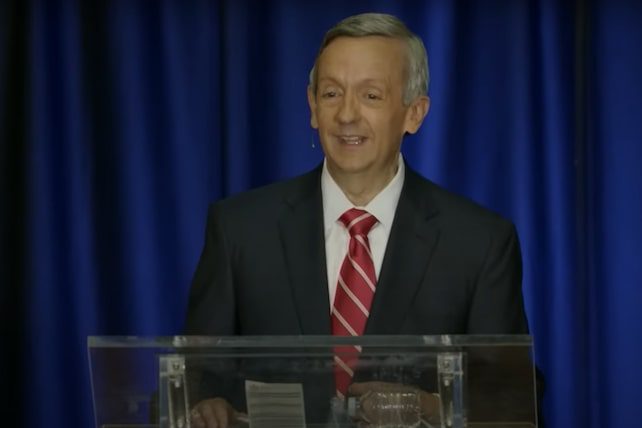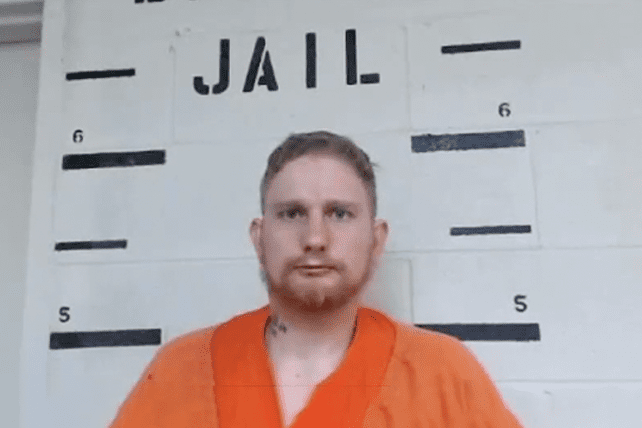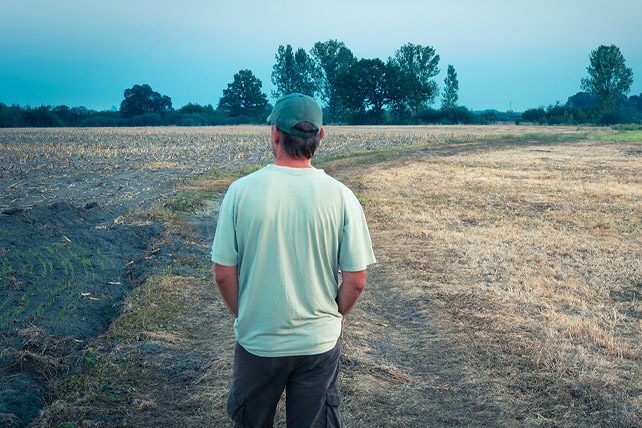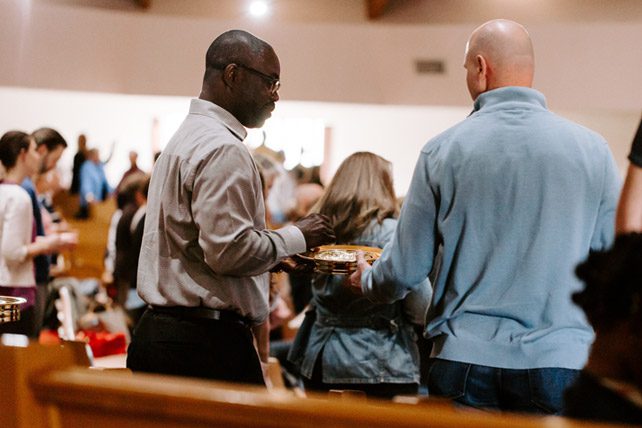A little observation reveals that it’s often …
… the overweight doctor who’s the one telling you to lose weight …
… the mechanic who spends an inordinate amount of time working on his own broken-down clunker who scolds you about not maintaining your manufacturer’s recommended maintenance schedule for your car …
… the dentist with bad breath who lectures you about flossing …
… the nurse who takes little care of herself is the one who doggedly works long shifts providing great care for others …
… the psychologist who is riddled with anxiety about building his practice who teaches others not to be so stressed out …
… the plumber whose wife is annoyed about the perpetual dripping faucet in their kitchen fixes your leaking faucet in less than a half hour …
… the policeman who seems to always speed who pulls you over for going five miles per hour over the speed limit …
… and the minister in the church who doesn’t manage his own life well who every week teaches an entire congregation of people how they should be living.
That last one might hit a little too close to home for some.
If you’re in vocational ministry, you know there’s a continuous flow of articles about the struggles church leaders face in just keeping their own lives together. But let’s face the truth for a moment:
Leading others well starts by managing well your own life.
The Apostle Paul said basically the same thing in his instruction to Titus: “And you yourself must be an example to them by doing good works of every kind. Let everything you do reflect the integrity and seriousness of your teaching,” Titus 2:7.
It’s hard to maintain the integrity of your teaching, or to be taken seriously as a leader, if you’re unwilling to practice what you preach.
I know, easier said than done. But whether hard, easy, or something in-between, it’s important that church leaders make a priority managing well their own lives. That doesn’t mean every area of life is constantly in perfect order. Let’s look at seven areas of life leaders need to make their priority to live well, and provide an example of living well:
1. Your relationship with God. What matters most for your personal existence as a human being is the same thing that matters most for your leadership – your personal relationship with God. Put another way, your leadership will never exceed the quality of your followership of Christ. Thus, in both your personal and vocational life, this needs to be your top priority every day of your life. What is the current quality of your personal relationship with God?
2. Your physical health. To live, and to lead, we do both by use of a physical body. When our bodies are weak, unfit, and unhealthy, how we are enabled to live — and lead — is limited. But when we practice a positive stewardship of our body, providing it with what it needs to be strong, vibrant, fit, and free of disease, then we are energized and best enabled to live — and lead — fully and without physical hindrance. How are you currently stewarding your body for fitness and health?
3. Your mental and emotional health. Many church leaders are over-worked, under-paid, often criticized, and not adequately appreciated for all they do. That’s a recipe for struggles with your mental and emotional health. Common struggles include being so busy you don’t take adequate time to both pray and think, resulting in developing patterns of faulty or irrational thinking, and habits of cognitive distortions. MANY church leaders are stressed out over the amount of work to do and too little time to do it all. Anxiety, depression, and other mental and emotional challenges are common among those in ministry, and not handling them well is like not properly caring for a physical ailment. There are many ways to manage your mental and emotional health, from a persistent practice of spiritual disciplines, to engaging a Christian counselor to make sure you’re managing well your own mental and emotional health. What is the current condition of your mental and emotional health?
4. Your marriage. Your spouse is the person on this planet that you’re supposed to love fully, second only to God. Is that how you’re loving your spouse — as being second only to God? Is that how your spouse would say you’re currently loving them?
5. Your family. Few responsibilities in life can compete with God entrusting to you as your own the care of other human beings from His knitting them together in your spouse’s womb to their entry into this world, and on into adulthood. Such a stewardship takes a great investment of love and time. What’s the current status of your relationships with your children?
6. Your friendships. Social media is flooded with memes telling us things like some relationships are for life, others are just for seasons, indicating that people come and go. There’s a little truth to that, but the fact is most relationships that fade from our lives do so from lack of nurture. Even though loneliness and isolation are common complaints among those in vocational ministry, making the commitment and time to nurture friendships is often one of the first things leaders offer on the alter of neglect, often thinking it a matter of expediency in order to get things done. Sometimes, one of the more important things you need to get done is making the time and putting forth the effort to nurture your personal friendships. What’s the current quality of your personal friendships?
7. Your vocational development. Not everyone in vocational ministry goes to a Christian college or university, or attends seminary. If you did, upon your graduation you had not learned everything you need to know, intellectually, theologically, practically, and as skills that you’ll need to know and be capable of in your role as a church leader. That’s why to lead well you need to be a life-long learner who continues to learn as well as continues to attain and sharpen skills so that you can consistently serve well. What are you currently doing for your own vocational development?
It was English philosopher Francis Bacon who said, “It is not what men eat but what they digest that makes them strong; not what we gain but what we save that makes us rich; not what we read but what we remember that makes us learned; not what we preach but what we practice that makes us Christians.” Well, what we preach does matter, but you might say it’s not just what we preach that makes us leaders, it’s what we practice as well.
This article originally appeared here.






